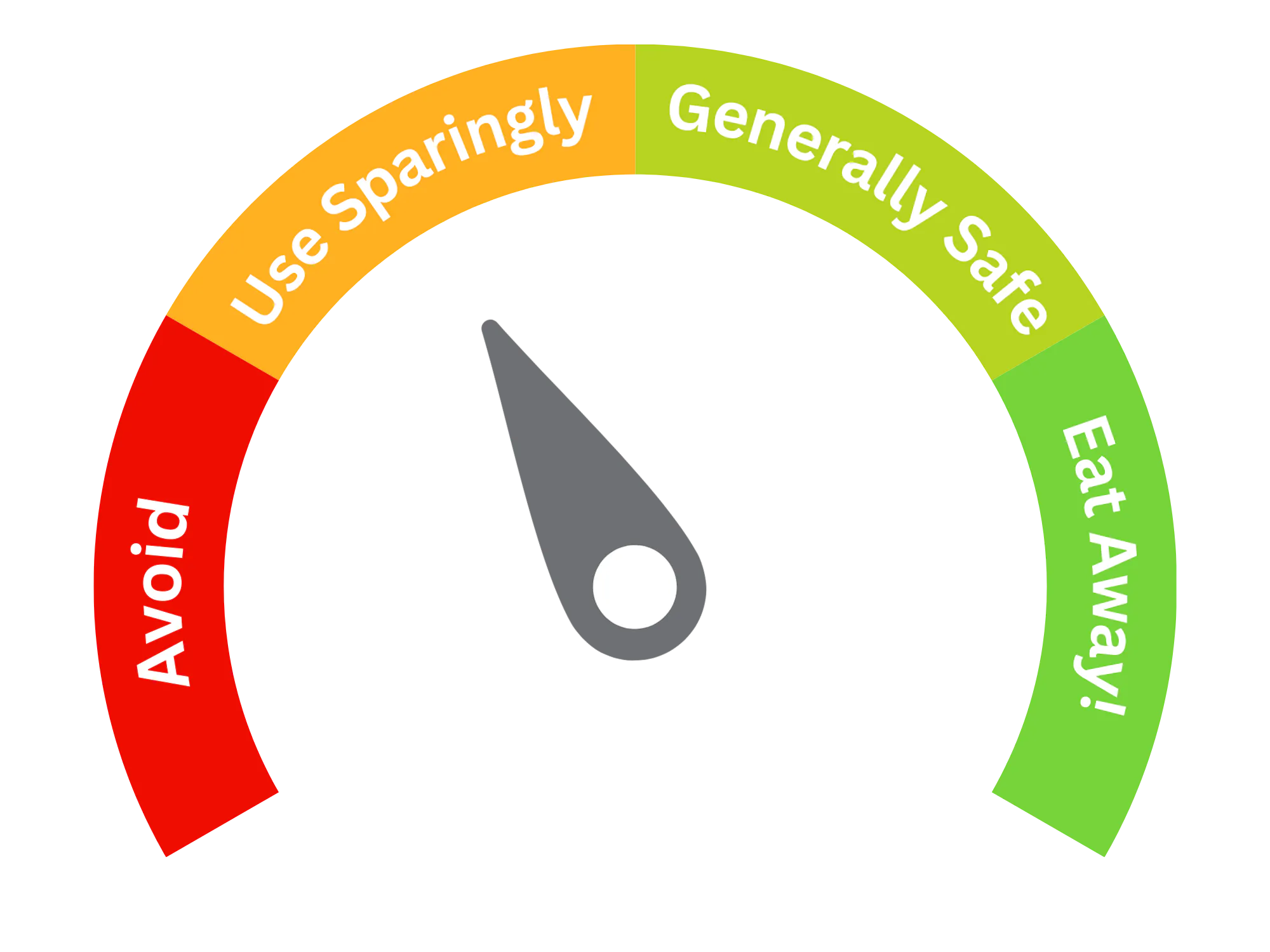Sucralose (E955)
| Type of additive | Sweeteners, Flavor Enhancers |
| E Number | E955 |
| Chemical Formula | C12H19Cl3O8 |
| Also Known As | 1′,4,6′-Trichlorogalactosucrose Trichlorosucrose; E955; 4,1′,6′-Trichloro-4,1′,6′-trideoxygalactosucrose; TGS; Splenda |

Purpose and Function
Sucralose is an artificial sweetener commonly used as a sugar substitute in a wide variety of food and beverage products. It is approximately 600 times sweeter than sucrose (table sugar), which allows it to provide intense sweetness without adding calories. Sucralose is highly stable under heat and in acidic conditions, making it a versatile ingredient in both cooking and food processing. It is found in products such as:
- Beverages: Used in diet sodas, flavored waters, and energy drinks.
- Baked Goods: Employed in sugar-free and reduced-calorie baked products.
- Dairy Products: Found in sugar-free yogurts, ice creams, and other dairy products.
- Tabletop Sweeteners: Available as a sugar substitute in products like Splenda.Pharmaceuticals: Used in some medications to improve palatability without contributing to caloric content.
Potential Risks and Side Effects
Sucralose is approved for use by major food safety agencies worldwide, including the FDA, EFSA, and WHO. It is considered safe for the general population when consumed within the established acceptable daily intake (ADI) levels. However, there are ongoing debates and studies concerning its long-term safety and potential side effects:
- Digestive Health: Some studies suggest that sucralose may have an impact on gut health by affecting the composition of gut microbiota. These changes could potentially lead to digestive issues or metabolic disturbances over time, though research is still ongoing and results have been mixed.
- Heat Stability: While sucralose is generally heat-stable, some research indicates that when heated to high temperatures, it can break down into potentially harmful compounds, such as chloropropanols, which are suspected carcinogens. This has raised concerns about its safety when used in cooking and baking at high temperatures.
- Blood Sugar Response: Although sucralose is marketed as a safe alternative for people with diabetes, some studies suggest that it may have subtle effects on insulin response and blood sugar levels, particularly in individuals who do not regularly consume artificial sweeteners. However, these effects appear to be minor and may not be significant for most people.
- Long-term Safety: The long-term effects of sucralose consumption are not fully understood, and more research is needed to determine whether there are any risks associated with regular, long-term use.
